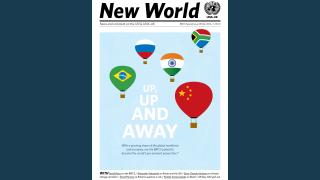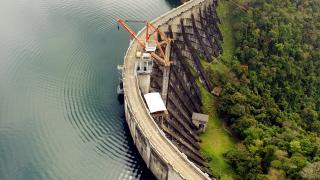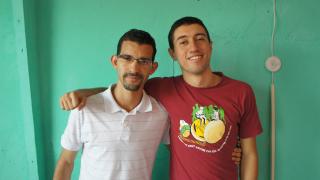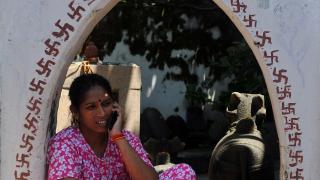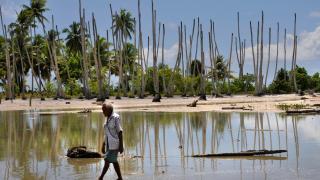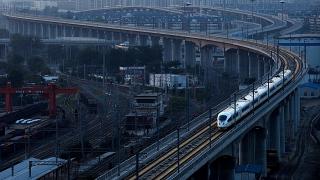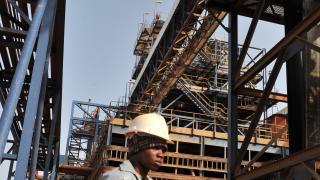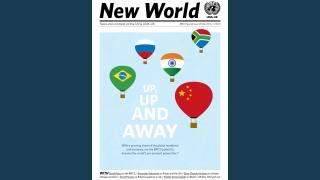
Brazil, Russia, India, China and South Africa – the five emerging economies that have banded together to form a new economic union – are commonly known as the BRICS. By co-operating, these countries have, in recent years, reduced the damage of the global recession and emerged as a new economic strength.
Their significance, however, lies in what they represent – 40 per cent of the world’s population, of which a large proportion is the world’s poorest people. This may be one of the factors why the BRICS have decided to explore the possibility of a common development bank that is intended to support growth and alleviate poverty. The establishment of this bank will not be certain until the South African BRICS summit in 2013. But so far, the premise of the bank has been agreed to by all five nations.
The aim of the bank will be to assemble the BRICS’ collective resources to support infrastructure and development projects in the BRICS nations, as well as other developing countries, by supplementing the aid already given by other international or regional bodies.
Although these nations have expanding economies and are considered potential superpowers, the BRICS nations struggle with the same challenges, such as hunger and poverty, as typical ‘developing’ nations. Thus a BRICS common development bank may provide a unique opportunity for co-development, drastically shifting the current rich-to-poor system of international development.
The BRICS nations criticise the World Bank as being too western in its focus and disagree with the notion that a few western nations can dictate decisions to poor developing nations. By coming closer together with a common development bank, the BRICS nations could continue to assert their position as a global power, influencing decisions on major global economic issues.
On the other hand, it is unclear as to how effective a common development bank will be in achieving the same effectiveness as the World Bank. The BRICS are, currently, contributing very little to international aid. Contrary to their size, India and Russia donate roughly the same as Portugal and Greece respectively and China and South Africa barely match the major global donors such as UK, France or Japan.
Moreover, within the BRICS there is a stark difference in the distribution of aid. For instance, South Africa and India focus the majority of their aid to neighbouring countries. Whereas China, is almost exclusively interested in Africa and have recently committed to doubling the amount of loans it gives to the continent. It’s unclear, therefore, what the development strategy of such a bank would be.
For a common development bank to work, the BRICS alliance must be firm. But, as recent events as shown, this alliance may be on shaky grounds. For instance, the BRICS failed to nominate a common representative for the presidency of the World Bank in the 2012 elections. Given their objection to western dominance at the World Bank, these economic five could have been highly influential if they had agreed on the same candidate.
A similar problem is likely to arise when discussing the prospective bank’s presidency. China has already announced that it wants permanent presidency and it is likely that the other nations will demand the same. However, because of China’s superior economic strength, there is a chance they will try and dominate the bank’s decisions. Finding a balance of power that all BRICS nations could agree on, may prove difficult.
Furthermore, despite their recent economic co-operation, there is very little that ties these nations together politically. A recent example is the Syrian crisis. In February 2012, China and Russia vetoed the UN Security Council resolution for western intervention in Syria, whereas India and South Africa voted in favour.
However, until the next BRICS summit in 2013 when more detailed plans are revealed, we can only guess how well it would work. But with significant differences and pre-existing challenges ahead, it is unclear what the benefits of a BRICS common development bank will be.
Nicollen Meek is a War Studies graduate from King's College London and is currently Communications & Social Media Intern for UNA-UK.

